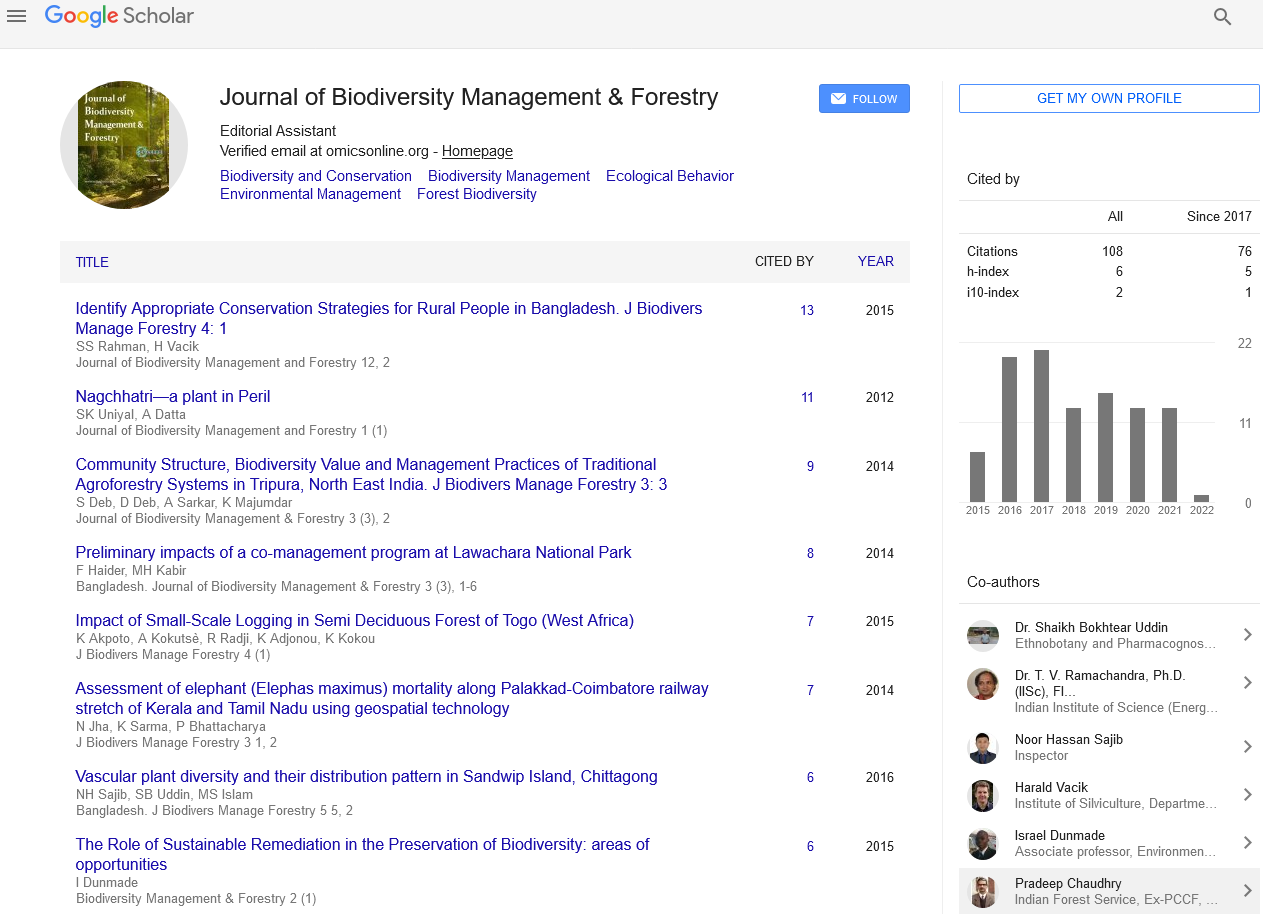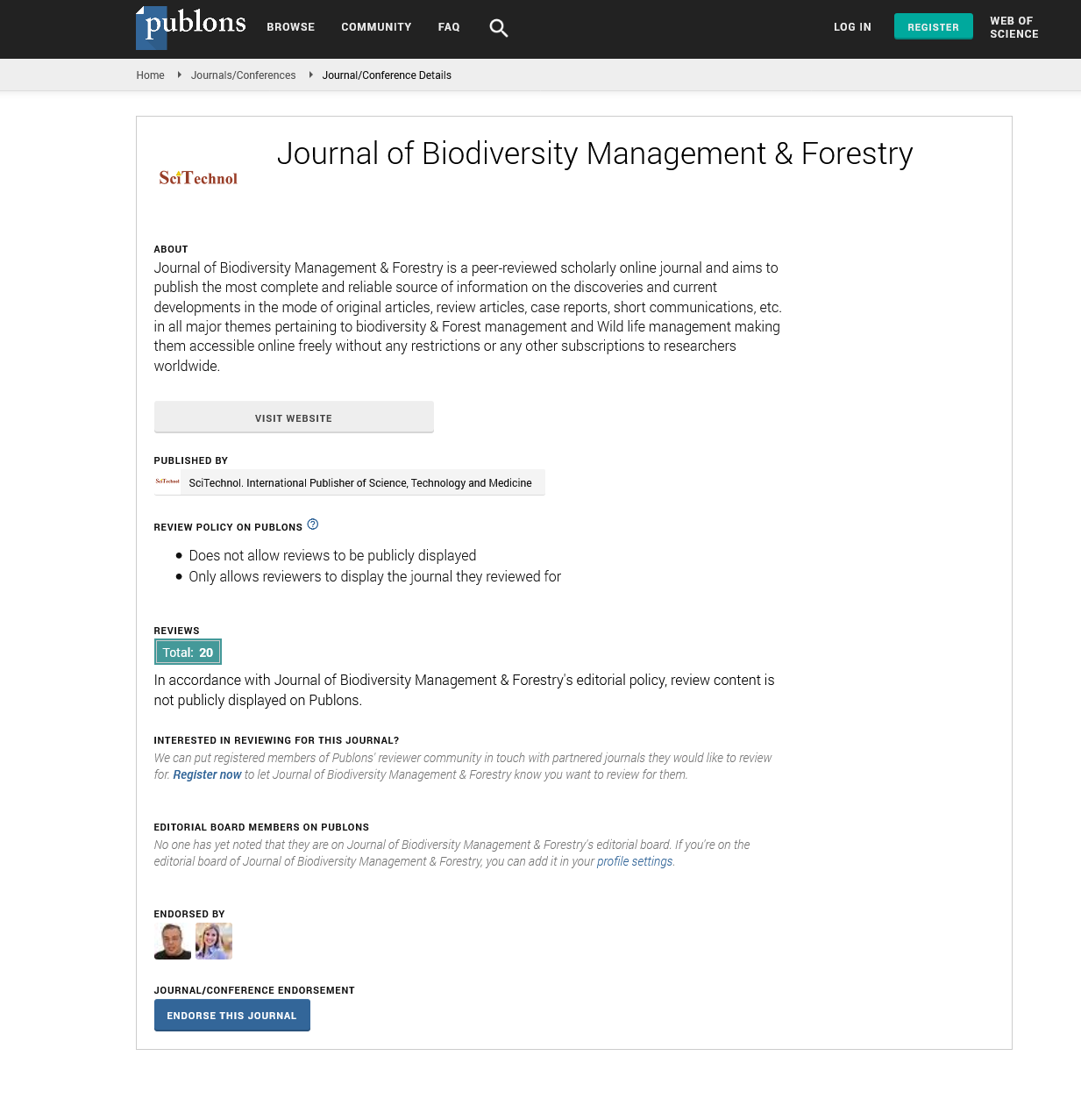Research Article, J Biodivers Manage Forestry Vol: 2 Issue: 3
A Framework for Indigenous Community-Based Climate Vulnerability and Capacity Assessment in the Garo Hills, North-East India
| PK Yadav1* and Kiranmay Sarma2 | |
| 1Department of Forestry and Natural Resources, H.N.B. Garhwal University, Srinagar Garhwal, Uttarakhand 246174, India | |
| 2University School of Environment Management, Guru Gobind Singh Indraprastha University, Dwarka 16C, New Delhi - 110078, India | |
| Corresponding author : Dr. P. K. Yadav University School of Environment Management, Guru Gobind Singh Indraprastha University, Dwarka 16C, New Delhi - 110075, India E-mail: pramod.yadav31@gmail.com |
|
| Received: June 26, 2013 Accepted: October 09, 2013 Published: October 14, 2013 | |
| Citation: Yadav PK, Sarma K (2013) A Framework for Indigenous Community-Based Climate Vulnerability and Capacity Assessment in the Garo Hills, North-East India. J Biodivers Manage Forestry 2:3. doi:10.4172/2327-4417.1000111 |
Abstract
A Framework for Indigenous Community-Based Climate Vulnerability and Capacity Assessment in the Garo Hills, North-East India
The framework is part of the efforts to address vulnerability and adaptation to climate change. It is useful to eradicate poverty, fill productive employment and enhance social integration. Climate change will have the largest impact on areas that have high population density, significant historical exposure to climate related hazards, high household’s vulnerability, poor governance, and low resilience to stress on natural resources. Indigenous community based climate vulnerability and capacity assessment (CBVCA) in the Garo hills has implications for livelihoods, food systems, ecological stress and perceive culture. This study characterizes CBVCA in the Garo hills of northeast India to climate change in the context of ongoing socio-economic and environmental challenges.
 Spanish
Spanish  Chinese
Chinese  Russian
Russian  German
German  French
French  Japanese
Japanese  Portuguese
Portuguese  Hindi
Hindi 
